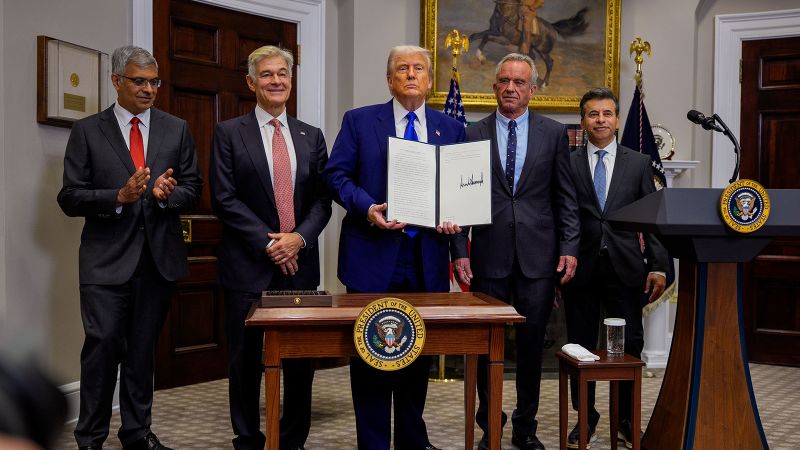Trump's Actions and the Public Health Crisis: A Reckoning

The COVID-19 pandemic has exposed vulnerabilities in our public health infrastructure and highlighted the critical importance of leadership in times of crisis. While the virus itself presented a formidable challenge, the actions – or lack thereof – taken by the Trump administration have significantly exacerbated the situation, leaving a lasting impact on public health in the United States. This isn't about political affiliation; it's about accountability for decisions that demonstrably hindered the nation's ability to respond effectively.
One of the most concerning aspects of the Trump administration’s response was the systematic suppression and downplaying of critical scientific information. Essential clinical guidance from leading health experts, vital epidemiologic data, and timely information regarding disease outbreaks were either silenced, altered, or outright ignored. This created a climate of confusion and distrust, making it difficult for the public to understand the severity of the threat and take appropriate precautions.
The deliberate undermining of the Centers for Disease Control and Prevention (CDC), a cornerstone of our public health system, further compounded the problem. The CDC's ability to provide accurate and consistent information was repeatedly hampered by political interference and a reluctance to acknowledge the gravity of the situation. This eroded public confidence in the agency and hindered its ability to effectively track and contain the virus.
Furthermore, the administration's early response was characterized by a lack of preparedness and a slow rollout of testing capabilities. Despite warnings from intelligence agencies about the potential for a pandemic, adequate testing infrastructure was not in place when the virus began to spread rapidly. This delay allowed the virus to spread unchecked, leading to a surge in cases and deaths.
The politicization of mask-wearing and other preventative measures also proved detrimental. Instead of promoting these simple but effective tools for reducing transmission, the administration often downplayed their importance or even actively discouraged their use, fueled by partisan considerations. This sent a mixed message to the public and contributed to a culture of resistance to public health guidelines.
The consequences of these actions are undeniable. The United States has suffered disproportionately from the pandemic, with a significantly higher number of cases and deaths compared to many other developed nations. Beyond the immediate health impact, the pandemic has also had a devastating economic and social toll, exacerbating existing inequalities and leaving millions struggling to recover.
Looking ahead, it is crucial to learn from these mistakes and ensure that future public health responses are guided by science, transparency, and a commitment to protecting the health and well-being of all Americans. A thorough and unbiased assessment of the Trump administration’s handling of the pandemic is essential to identify areas for improvement and prevent similar failures from occurring in the future. The health of our nation depends on it. We must prioritize evidence-based decision-making and restore trust in our public health institutions, ensuring that they are equipped to respond effectively to future health crises.






